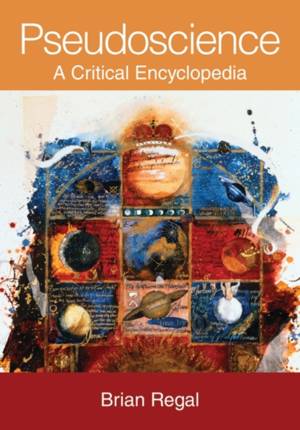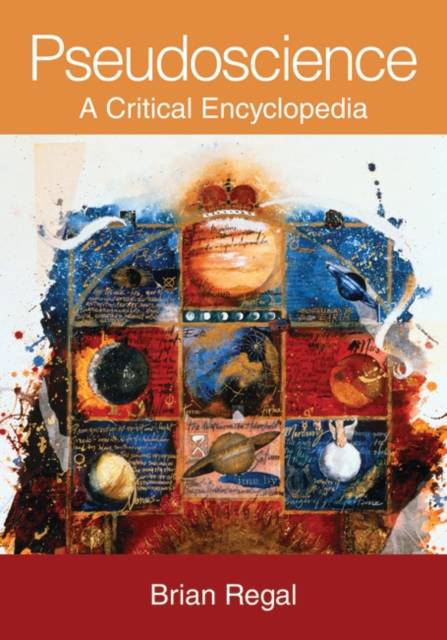
- Retrait gratuit dans votre magasin Club
- 7.000.000 titres dans notre catalogue
- Payer en toute sécurité
- Toujours un magasin près de chez vous
- Retrait gratuit dans votre magasin Club
- 7.000.0000 titres dans notre catalogue
- Payer en toute sécurité
- Toujours un magasin près de chez vous
Description
More than just a collection of factual entries, this rich resource explores the difference between scientific and pseudoscientific pursuits in a way that spurs readers to ask questions and formulate answers.
What makes science science? How do we tell which assertions, beliefs, and methods are scientifically sound, and which are not? Brian Regal's authoritative, entertaining new reference, Pseudoscience: A Critical Encyclopedia gets at the heart of these questions by helping readers understand how the scientific method works, how to critically analyze all kinds of "evidence," and how to sort through long-running myths and current pseudoscience controversies. Ranging from the dawn of history to the present and across world cultures, Pseudoscience uses a field of endless fascination as a means of driving home the importance of solid scientific reasoning. The encyclopedia spans the full spectrum of scientific and nonscientific pursuits, from chemistry, biology, psychology, and medicine to eugenics, religion, cryptozoology, the occult, and paranormal activities. Specific entries focus on general concepts of science, the lives of individuals, and claims of abilities. Throughout, these entries go beyond simply stating facts by constantly engaging readers in a discussion about the very nature of true scientific discovery.Spécifications
Parties prenantes
- Auteur(s) :
- Editeur:
Contenu
- Nombre de pages :
- 216
- Langue:
- Anglais
Caractéristiques
- EAN:
- 9780313355073
- Date de parution :
- 15-10-09
- Format:
- Livre relié
- Format numérique:
- Ongenaaid / garenloos gebonden
- Dimensions :
- 178 mm x 254 mm
- Poids :
- 612 g

Les avis
Nous publions uniquement les avis qui respectent les conditions requises. Consultez nos conditions pour les avis.






